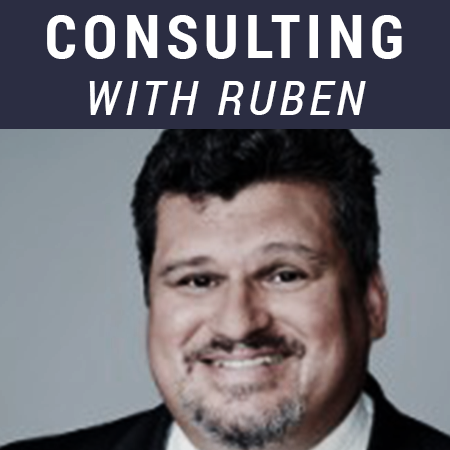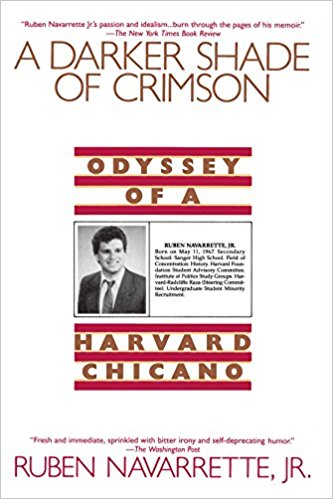SAN DIEGO — It used to be the media would fact-check a story. Now, many people feel they need to fact-check the media.
That’s not a bad idea. In the Trump era, much of the media — a vast landscape of newspapers, broadcast networks, talk radio, news sites, social media and more — didn’t just lose the public’s trust. They threw it out the window. In their zeal to humiliate and run out of office someone who they think should never have been elected, they seem to have decided the end justifies the means.
Even some members of the media admit the profession has lost its way, although they blame external factors beyond their control.
But the media are not victims. Sure, President Donald Trump declared us the “enemy of the people.” Yet other presidents also hated the media, and the media kept its credibility. Not this time. Because much of the media hates this president right back. This seems especially true of the so-called elite media on the East Coast. There are plenty of good reporters and producers at newspapers and television stations around the country who are not plotting to nullify the results of the last election.
Then there are the folks in New York and Washington, some of whom seem to think it is their sacred duty to save the country. When journalists lose sight of their true mission, and take on new responsibilities, bad things happen.
We developed this trust deficit with the public because we climbed into the arena not as referees but as players, ignored the rules we learned as cub reporters, wore our biases on our sleeves, blurred the line between reporting and commentary and took attacks personally while responding in kind.
Recent events have not showered the media in glory. Whether we’re talking about CNN, NBC or The New York Times, the judgment of news agencies is in doubt. Too often, those who are supposed to cover the story have become the story.
When the criticism starts flying, intra-media rivalries take hold. The newspaper people I talk to point to cable television as the problem, while the television folks I know will often single out talk radio. Talk radio blames newspapers. Truth is, we’ve all made mistakes.
Pundits need to stop talking about whether the country could face a constitutional crisis and accept the fact that we’re already living through a communications crisis.
- We live in strange times when The New York Times feels the need to warn its reporters — who are supposed to be objective — not to express opinions in tweets because, in the first year of the administration, there was so much of that going on.
- We live in strange times when national columnists feel comfortable telling people not just to vote in the midterm elections — but to vote for any and all Democrats.
- We live in strange times when The New York Times op-ed page does something rarely done: run an anonymous op-ed eviscerating the White House. This practice was criticized by famed journalist Bob Woodward, who is hardly a defender of the administration. The Times says that its editors are satisfied that the author is trustworthy and “the senior administration official” is well-placed enough to have firsthand information. But how are readers to reach their own conclusions?
- We live in strange times when a former producer at NBC News accuses the network of killing a story on disgraced Hollywood mogul Harvey Weinstein written by Ronan Farrow for reasons that had nothing to do with journalism. Mr. Farrow took the story to The New Yorker and later won the Pulitzer Prize.
- We live in strange times when CNN won’t retract a story about what former Trump attorney Michael Cohen may have said about that infamous meeting between Donald Trump Jr. and a Russian attorney at Trump Tower even after its source — Democratic lawyer Lanny Davis — admitted he lied to the network.
- And we live in strange times when NBC’s Chuck Todd, in an essay for The Atlantic, issues an extraordinary call to arms and urges colleagues to combat “the campaign to destroy the legitimacy of the American news media.” Mr. Todd thinks the journalistic creed — “Don’t engage” — is outdated, and he suggests a better course of action is to “showcase and defend our reporting.”
Actually, Chuck, I think the media has done enough showcasing — of our work and ourselves. That’s part of why we’re on the defensive.
Ruben Navarrette is a columnist syndicated by The Washington Post (ruben@rubennavarrette.com).





